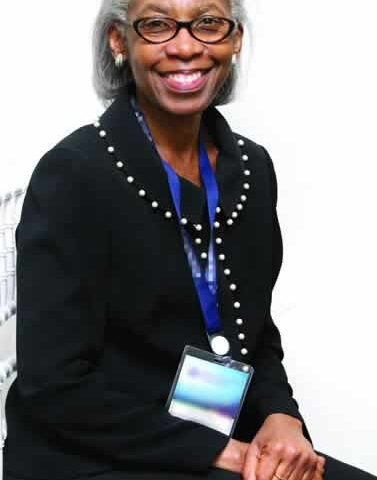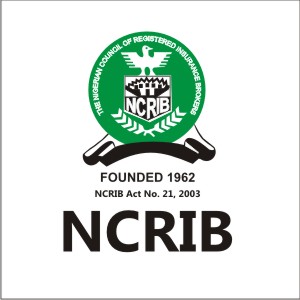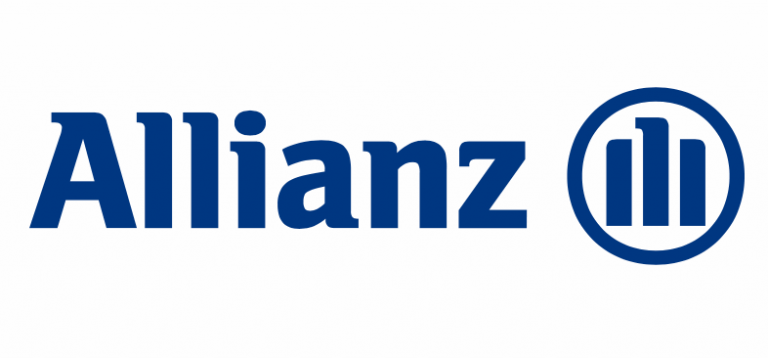“Soaring” Prisca Gbemisola Soares marks 70years in grand style
By Tope Adaramola
Ordinarily, one would not find it easy matching her ageless look with the reality of her joining the septuagenarians. Ms. Prisca Gbemisola Soares is by all standards one of the most iconic personalities the Nigerian Insurance industry is proud to have produced. In a clime where the voice of the female folk is struggling to resonate in high quarters, Ms. Soares carved a niche for herself as a chartered insurance practitioner, administrator, and professional diplomat.
It is a twist of fate that after her university education at the prestigious University of Ibadan where she studied French and German Studies (combined Hons) for her first degree, Prisca had harbored the thoughts of being employed in the foreign service where she felt she was most educationally suited. But she had a deep dislike for interpretation which she would have had to do if she was employed in the diplomatic circle, hence she turned the searchlight for a future career elsewhere.
As fate would have it, she was informed that a company called Nicon Insurance Corporation was recruiting graduate trainees and she was impelled to give it a shot, after consulting with one of her lecturers who gave her the needed encouragement to apply.
She eventually went for the interview and got the job. To all intents, working in an insurance institution did not really offer the best of attraction for any young person in those days, but little did the young Prisca knew that she was at the threshold of a career that would give her fame, glitz and continental acclaim and fulfillment.
Suffice it to note that Nicon Insurance Corporation at the time was one of the flagship commercial enterprises of government with huge power, resources and prospects. Aside from being the government’s insurer, Nicon was a potent institution and contributor to the nation’s fledgling economy under which hands entities such as the luxuriant Nicon Noga Hilton, Abuja- pride in the hospitality industry- was berth.
Record has it that the hotel was singlehandedly built by the company without any financial succor from the federal government or any of its institutions. Being one of the earliest insurance companies, Nicon was a solid breeding ground for a huge chunk of the insurance industry’s human resources as many of the frontline egg heads of the insurance industry have their progeny in the defunct company.
It is most auspicious that Ms Soares rose meteorically through the ranks of the company, wadding through all prejudices against a female professional to become the Managing Director of the company after about thirty years of employment. She remarked at a public forum that Nicon was a place to work because there you are given the grooming you require, not only in the professions but also in corporate leadership.
Rising to become the MD of the company was not a ready cookie. She went through the rigorous selection process put in place for the chubby position and worsted all other competitors. During her stay as MD of the company, the strength and comradeship within the staffers was strengthened, despite the threatening environment that the company was then operating. It was a period when the ownership of the company regretfully slipped into private hands, marking a turning point that many of the staff, insurance operators and other stakeholders have continued to rue to date.
Since a good professional is like a golden fish, it was not surprising that Ms Soares landed an international job after the headship of Nicon as the Secretary-General of the African Insurance Organisation (AIO), She was first lady to occupy such insurance continental organization. Her deft leadership, excellent social skills and gift of language as a polyglot gave her the leeway required to navigate through the surging challenges she was confronted with at the organization, which is headquartered in Douala, Cameroon.
She was able to combat the financial challenges initially facing the AIO as well as made it attractive, value-wise, by actuating the organisation’s training, potentials and by so doing broadening its relevance in the continent. She bowed out of the organization with her head high, a situation which she said was prodded by the statement by a member who had told her on hearing news of her appointment that he was not going to congratulate her until the end of her tenure. Her rich testimonial of leadership no doubt informed the conferment of a prestigious award of service on her during the AIO Conference, recently held in Nigeria.
Although it is often not the case to have successfully combined with humility, the case of Ms Soares is different. She has remained humble, down to earth and ever business-like. These unassailable qualities are no doubt infused into her from her rich catholic background which she relishes greatly and put devoted service to. As a mark of her commitment, Soares served as President of Catholic Women Organisation of the Holy Cross Cathedral from 2006 to 2009 and she was conferred with the Papal Award in 2009 by His Holiness Pope Benedict XVI.
Like the oak tree, the life of Ms Soares has been a great source of support and inspiration to her world, whether in the professions, family and religious circles. Little wonder, hordes of family members, associates and well-wishers congregated in Lagos to celebrate this woman of value on her modest 70th birthday.
Amongst the lethargy of felicitations was that of the current President of the AIO, Mr Tope Smart. According to him, “Ms. Soares’ life has been a great blessing to the Nigerian, as well as the African continent’s insurance industry. As a thoroughbred professional she was able to change the narrative of the AIO. She is indeed a gift to our world”. May more of her tribe continue to increase in our world, even as we all wish her a smoother ride on the ladder of the septuagenarians. Congratulations!
Tope Adaramola is
Executive Secretary of
The Nigerian Council of Registered Insurance Brokers



